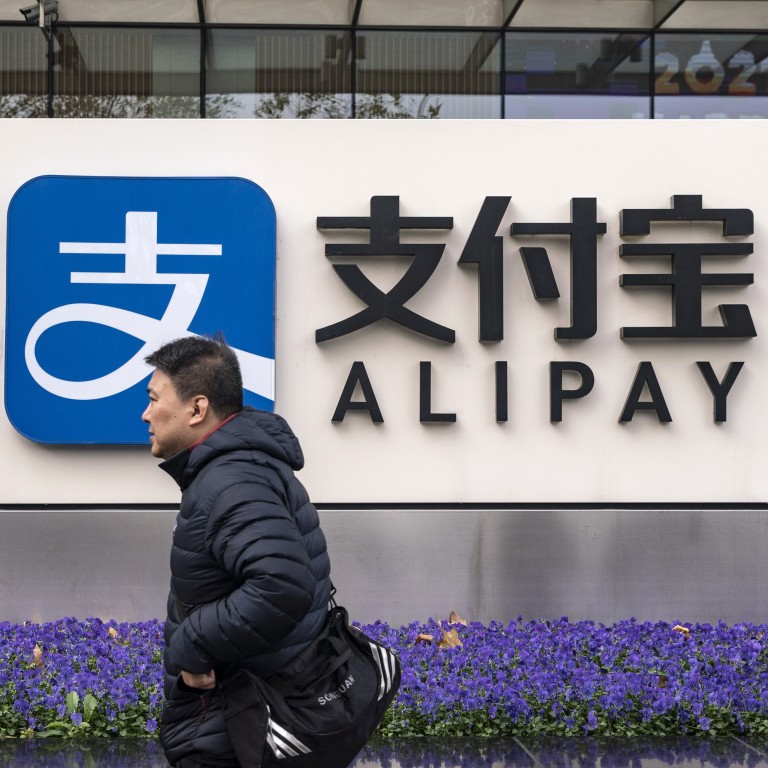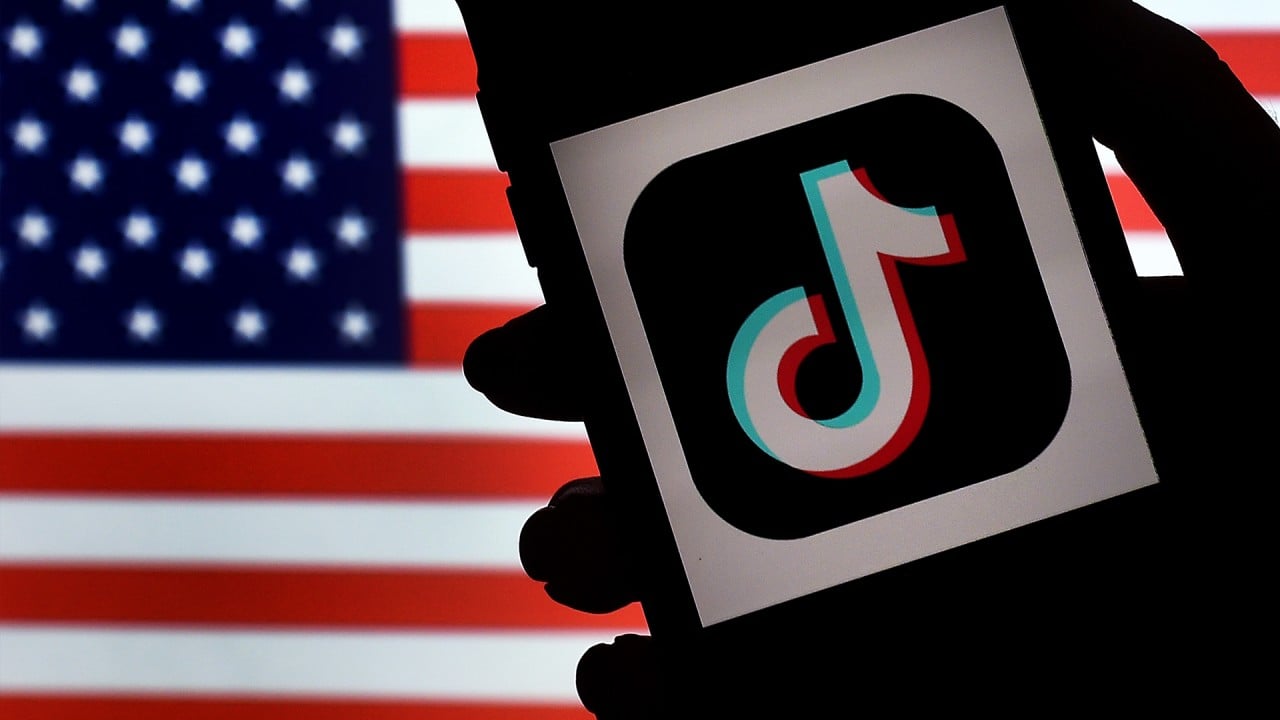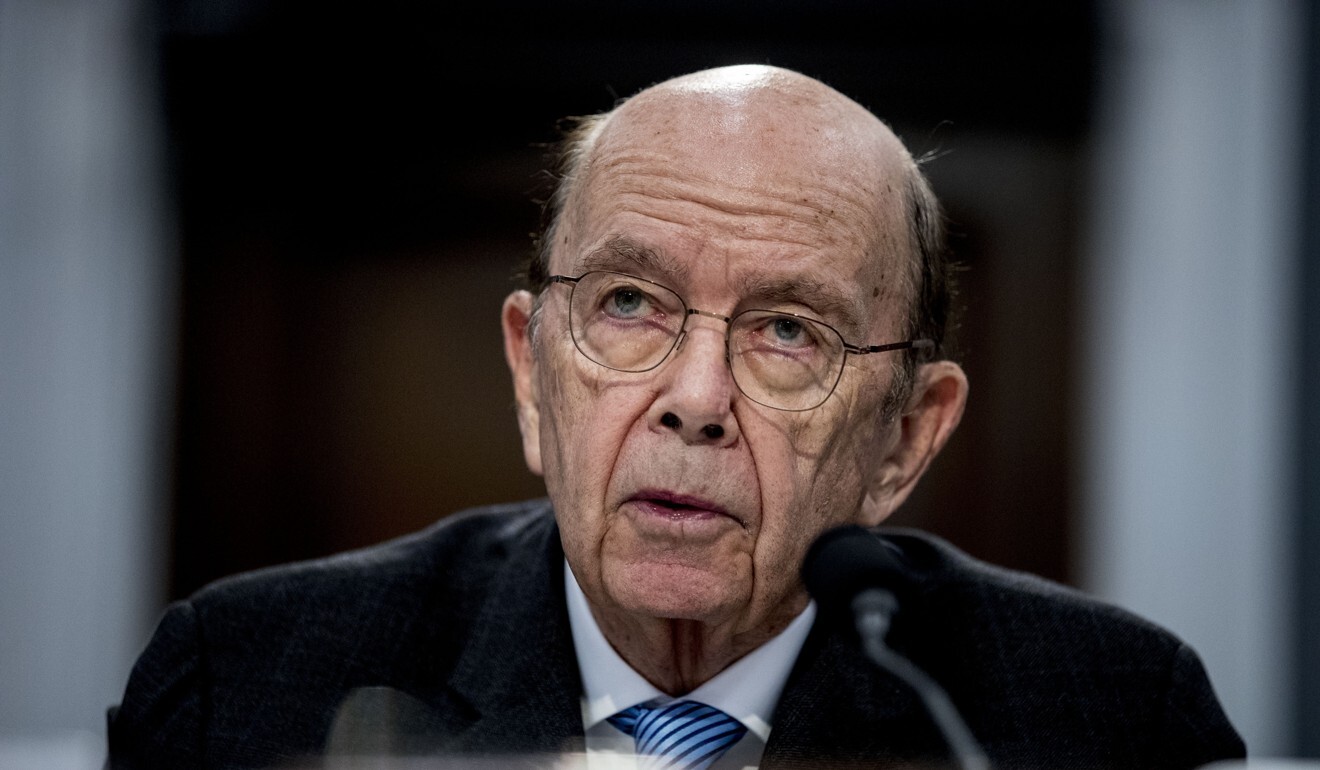
Donald Trump signs order banning transactions with 8 Chinese apps, including Alipay
- The executive order also targets WeChat Pay and Tencent’s QQ Wallet
- Order mirrors earlier Trump actions against Chinese-owned apps WeChat and TikTok, official says
US President Donald Trump on Tuesday signed an executive order to ban transactions with eight Chinese software applications, citing national security concerns that the programs could provide Americans’ personal data to the Chinese government.
Entities targeted by the ban, which is set to go into effect within 45 days, include WeChat Pay service, the hugely popular messaging app’s financial transaction arm, Ant Group’s Alipay, and Tencent QQ.
The ban comes five months after a similar ban against TikTok and WeChat, executive action that has since stalled amid a series of legal challenges.

03:07
Stop offering ‘untrusted’ Chinese apps like TikTok and WeChat, Washington urges US tech companies
Cited in the new order are concerns that the data held by Chinese controlled applications could be used to track the location of federal employees and contractors.
The US government had assessed that “a number of Chinese connected software applications automatically capture vast swaths of information from millions of users in the United States,” said the order, “including sensitive personally identifiable information and private information, which would allow the PRC and [Chinese Communist Party] access to Americans‘ personal and proprietary information.”
On a call with reporters shortly after the order was announced, senior administration officials declined to offer any specific evidence tying the blacklisted entities with alleged efforts by the Chinese government to obtain users’ personal data.
US government appeals order blocking TikTok restrictions
“The executive order is based on risk,” said one senior administration official, citing the large user base and high download numbers of the targeted applications. “We’re talking tens of millions of devices.”
Alipay’s overseas operations, however, cater largely to Chinese tourists, Chinese overseas nationals and businesses as they venture abroad, and do not serve a large base of US consumers. Over the last two years, Ant Group, which operates Alipay, has generated less than 5 per cent of its revenue outside China, and only a small fraction of that has been in the US.
Ant Group is an affiliate of internet giant Alibaba Group Holding, which owns the South China Morning Post.

Also included in the blacklisted entities are QQ Wallet, CamScanner, SHAREit, VMate and WPS Office.
The officials said that the order would not impact employees of the targeted companies, though it will fall on the Commerce Department to define which transactions will be prohibited.
Though the order gives the Commerce Department 45 days to act, Reuters, citing an unnamed official, reported that the administration intended to accelerate implementation so that it would begin before Trump leaves office on January 20.
From chips to TikTok – why China’s tech sector hit the headlines in 2020
Senior officials said on Tuesday that the order had not been discussed with the transition team of incoming President Joe Biden.
In a statement on Tuesday, Commerce Secretary Wilbur Ross said he had already begun directing Commerce staff to begin the order’s implementation.
“The Department of Commerce will leverage the authorities of the [executive order] to continue our mission to secure the nation, the economy, and the people of the United States,” Ross said.
Additional reporting by Alison Tudor-Ackroyd

